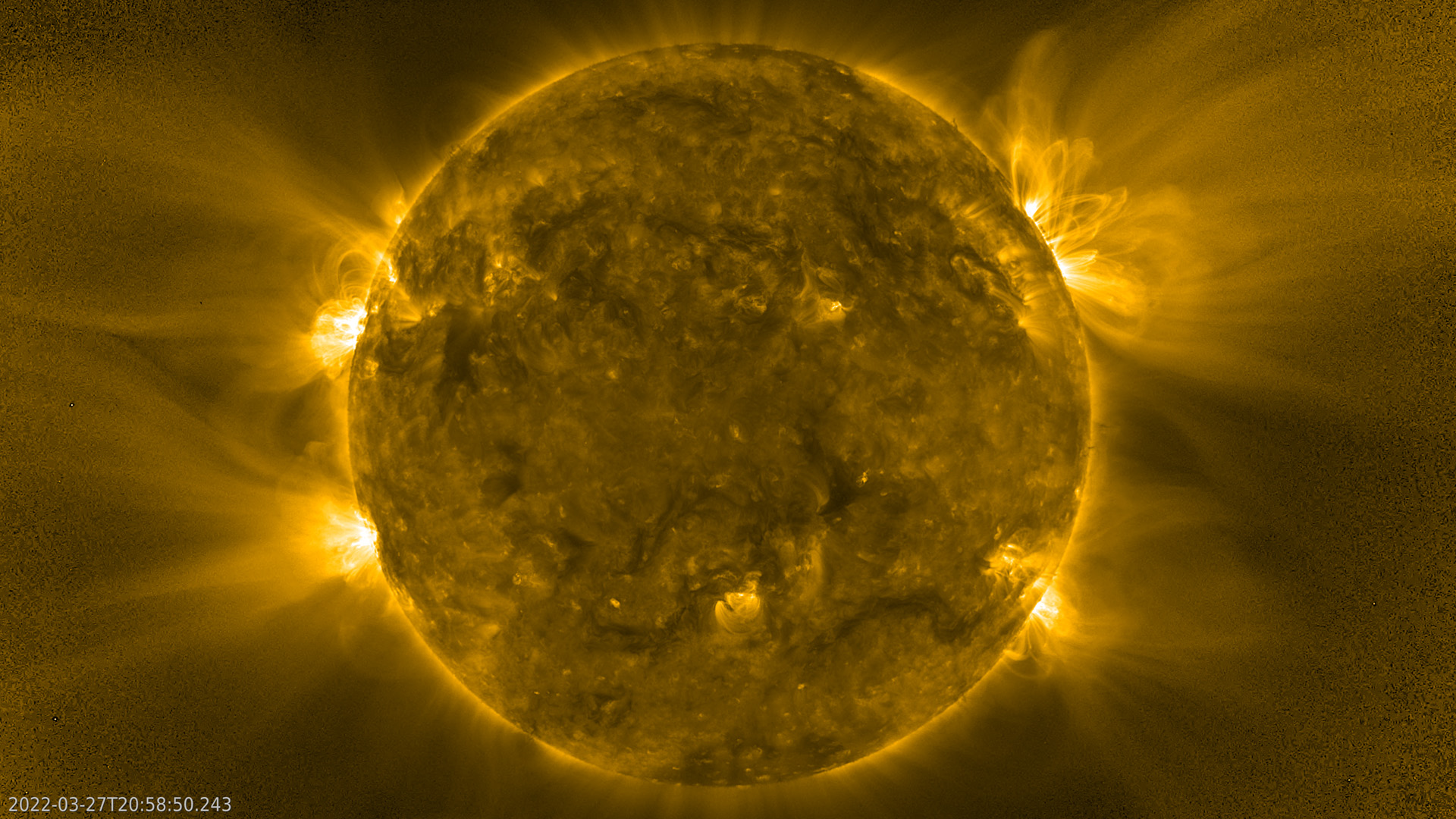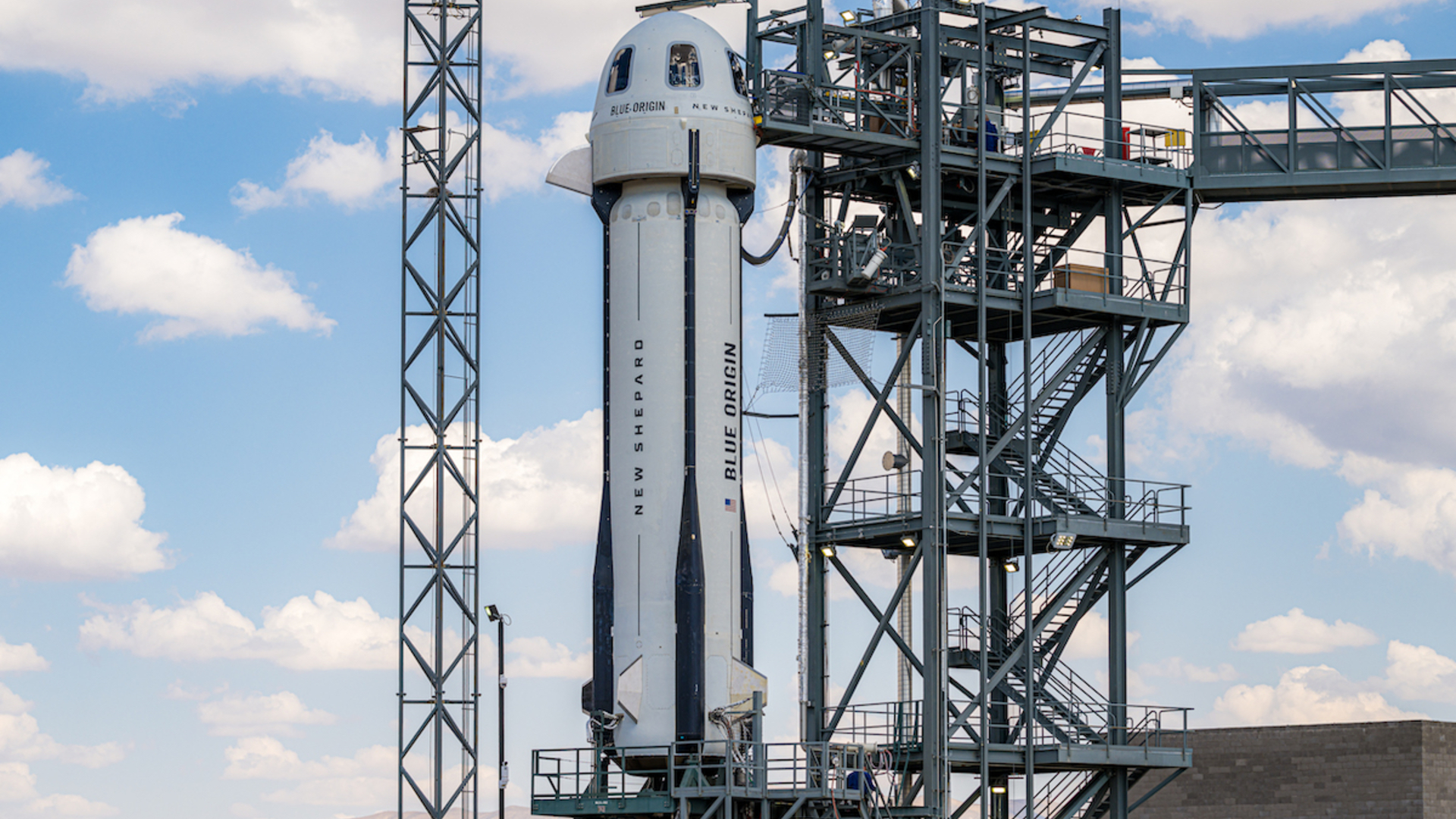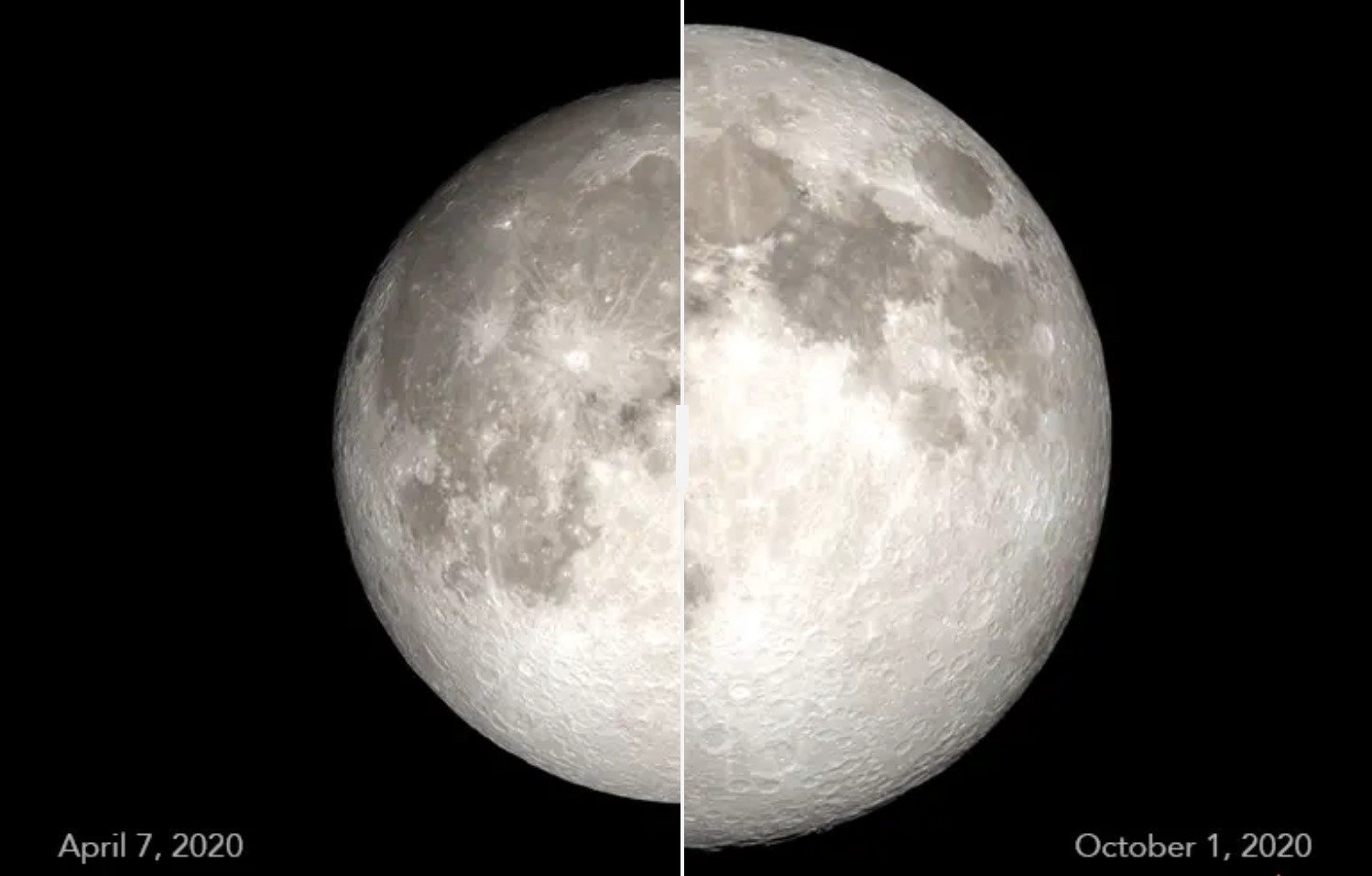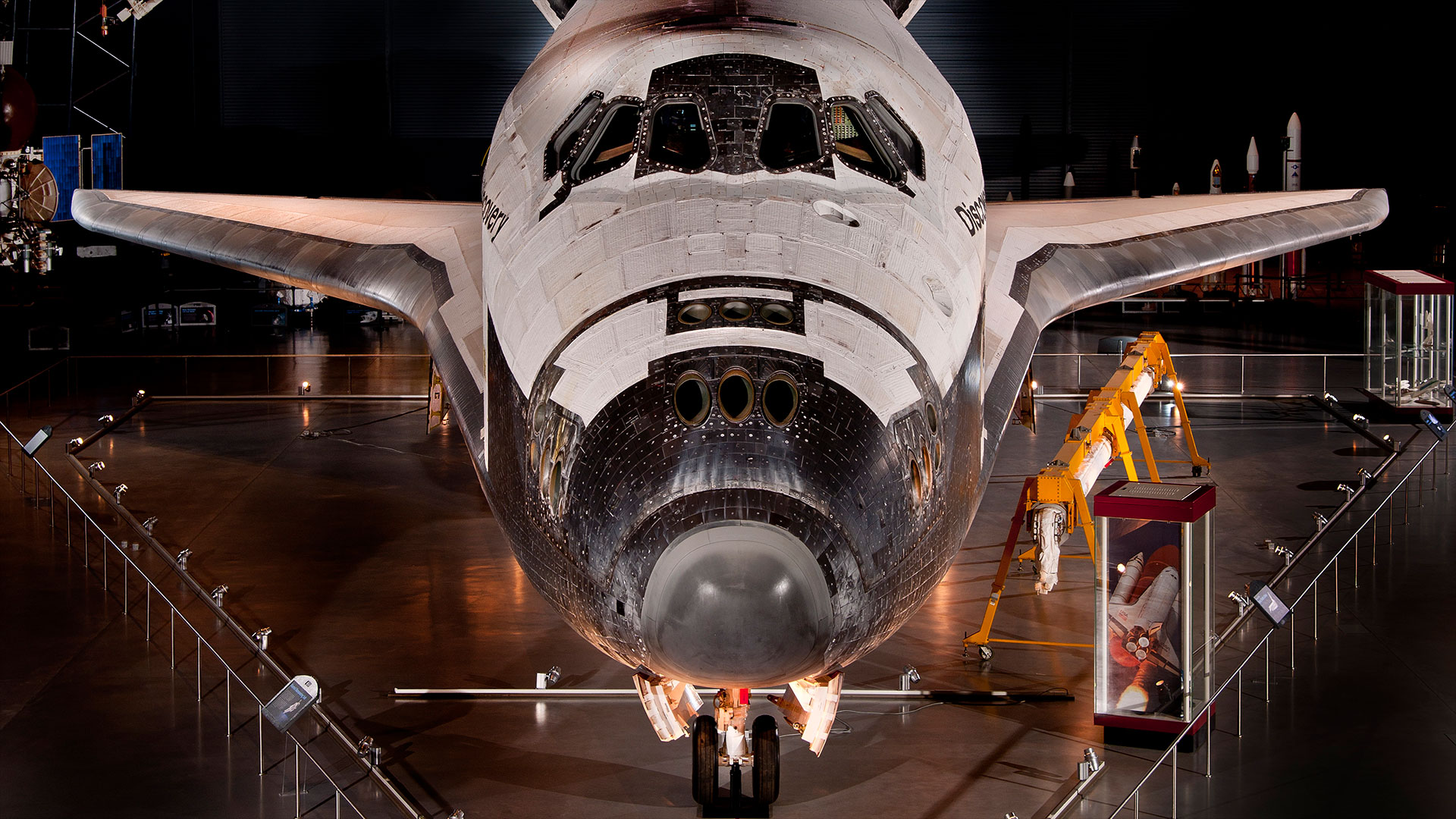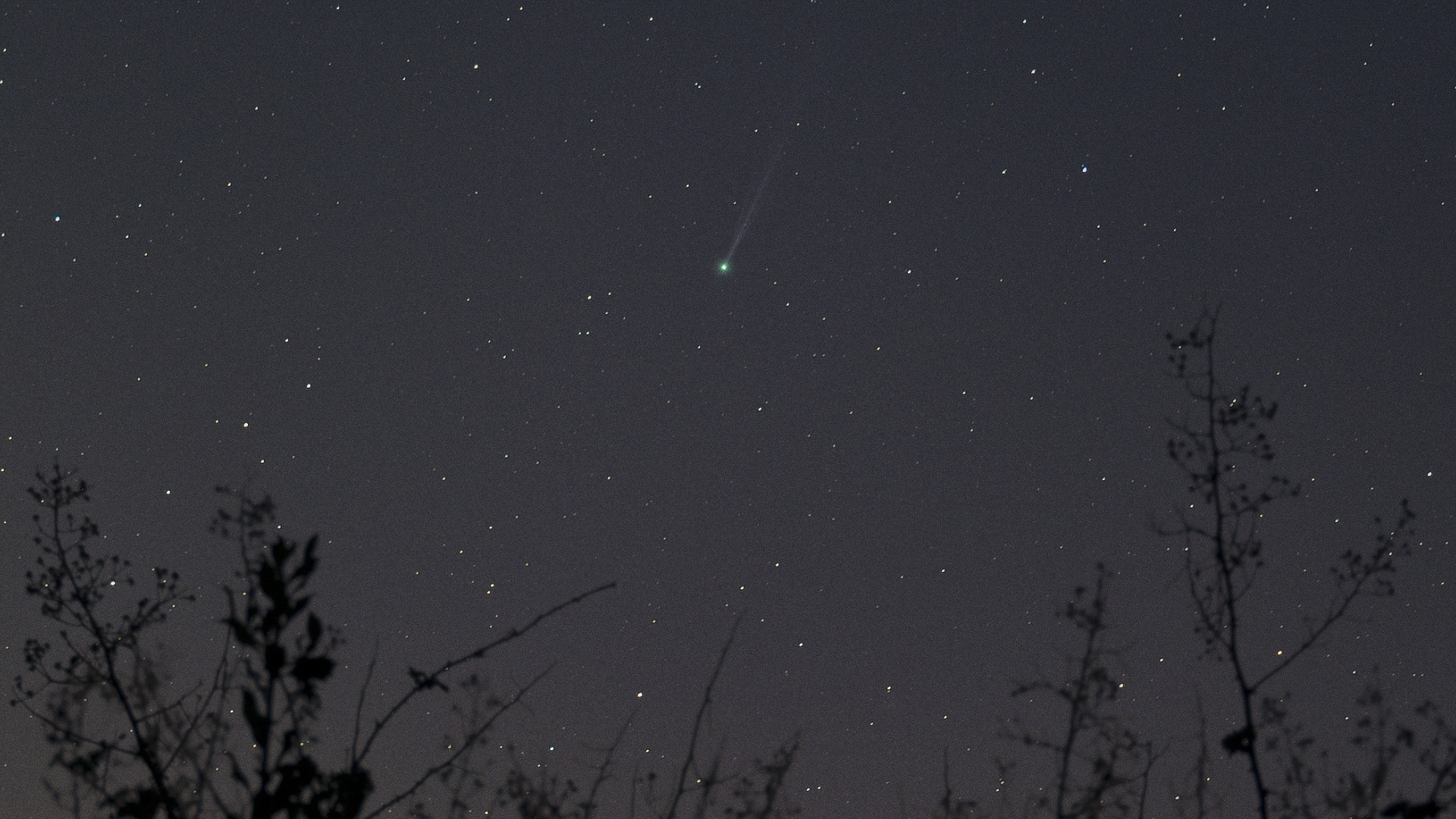Spain signs the Artemis Accords for peaceful moon exploration
The European country is the 25th nation to join the U.S. lunar diplomatic initiative.

Spain has joined the Artemis Accords.
NASA Administrator Bill Nelson and Diana Morant, Spain's science and innovation minister, participated in a ceremony to mark the signing at Moncloa Palace in Madrid on Tuesday (May 30).
Spain became the 25th country to sign up, following recent signatories the Czech Republic in early May and Nigeria and Rwanda in December last year.
Related: What are the Artemis Accords?
The Artemis Accords are a broad, non-binding framework with the goal of fostering responsible and peaceful international exploration of the moon. The agreements are a key part of the United States' strategy for returning astronauts to the lunar surface and exploring Earth's nearest neighborhood in a sustainable fashion over the long haul.
"The United States and Spain's partnership in space has been on display for decades, but today we bring it to new heights," Nelson said, according to a NASA statement.
"As the newest member of the Artemis Accords family, Spain will safeguard our shared ideals by helping ensure that humanity's rapid expansion into space is done peacefully, safely and transparently."
Get the Space.com Newsletter
Breaking space news, the latest updates on rocket launches, skywatching events and more!
"Space is an example of international collaboration and a priority for our country's vision," said Pedro Sánchez, president of Spain, who also attended the ceremony. "We are witnessing a commitment by the government of Spain to a key sector that generates opportunities and high-quality employment, which is a priority and strategic area, essential to help and protect our society."
The Artemis Accords were launched jointly by NASA and the U.S. State Department in 2020 with the goal of advancing bilateral and multilateral space cooperation between signatories. The Accords take inspiration for their name from NASA's Artemis program, which aims to establish a sustainable human presence on and around the moon by the end of the 2020s.
The U.S. is not the only nation seeking support for moon projects. China is seeking to build support for its own lunar initiative, the International Lunar Research Station, and recently established an organization to help coordinate the project.
Join our Space Forums to keep talking space on the latest missions, night sky and more! And if you have a news tip, correction or comment, let us know at: community@space.com.

Andrew is a freelance space journalist with a focus on reporting on China's rapidly growing space sector. He began writing for Space.com in 2019 and writes for SpaceNews, IEEE Spectrum, National Geographic, Sky & Telescope, New Scientist and others. Andrew first caught the space bug when, as a youngster, he saw Voyager images of other worlds in our solar system for the first time. Away from space, Andrew enjoys trail running in the forests of Finland. You can follow him on Twitter @AJ_FI.




